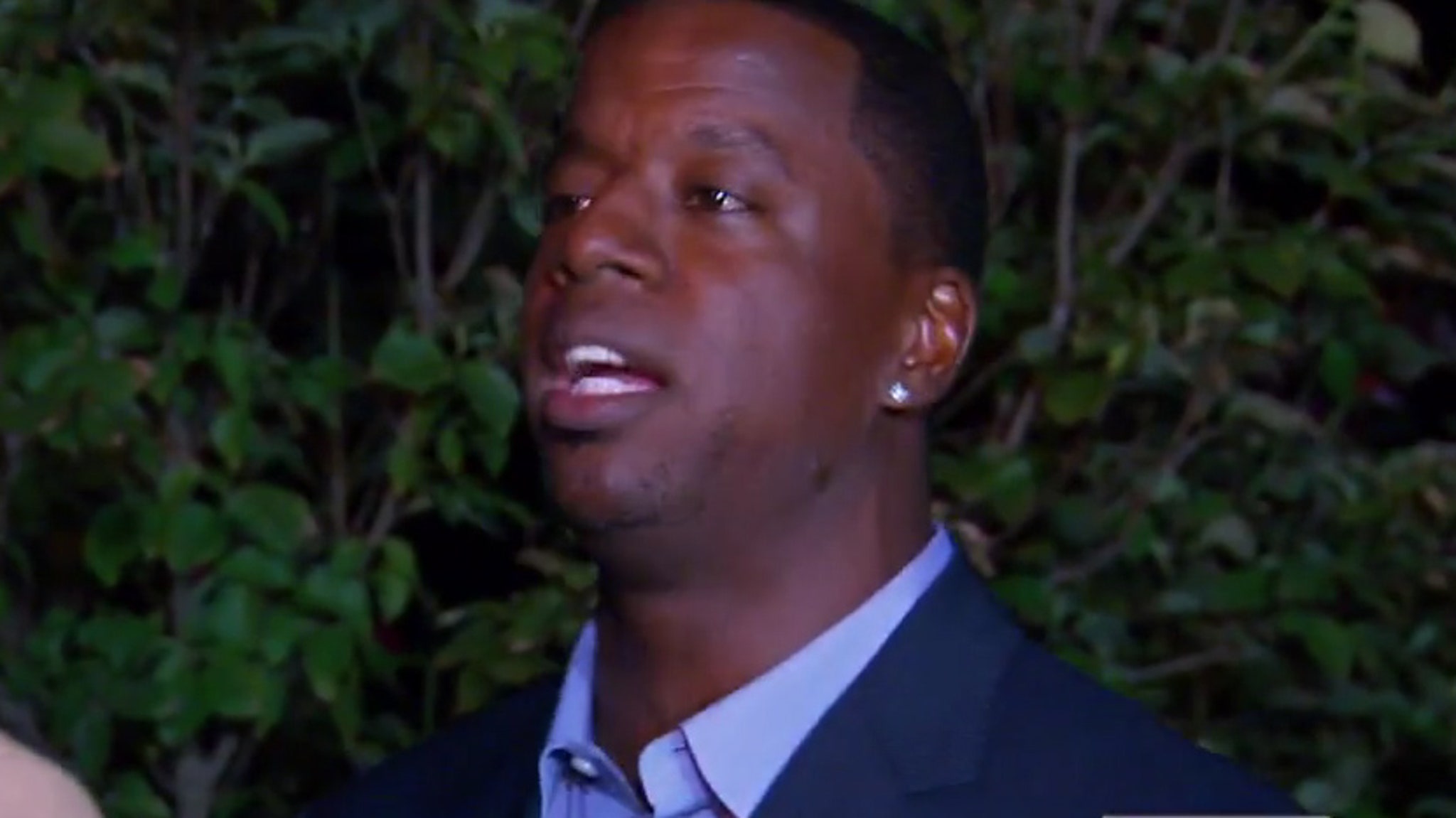

Note Iago switches from the cynically playful tone of the rhymed couplet in the colloquy to the serious prose in the aside. Shakespeare uses the break in rhythm - from poetry to prose, or visa versa - to denote emphasis or a change in mood. I will gyve thee in thine own courtship" (164-165). With as little web as this will I ensnare as great a fly as Cassio. He decides to focus on his courteous manners and attentions to Desdemona.

Iago meanwhile watches Cassio, seeking a weakness that he can exploit.

For balance, Emilia gives a cynical woman's view of men in Act V. Iago speaks bluntly, disparaging women, and Desdemona, along with everyone else, makes allowances for the rough speech of "honest" Iago. They claim to always be the injured party, fly into a rage at an adverse comment and are idle in matters of housework and penny-pinching with their sexual favors. That is, women are models of propriety when they go out, sweet conversationalists with guests, and angry spitfires to their servants. you are pictures out of doors, / Bells in your parlours, wild-cats in your kitchens, / Saints in your injuries, devils being offended, / Players in your housewifery, and housewives in your beds" (108-111). His elaborate tones underline both his education and the high expectations many have of benefits on all sides from Othello: "That he may bless this bay with his tall ship, / Make love's quick pants in Desdemona's arms, / Give renewed fire to our extincted spirits" (79-82).ĭesdemona, Emilia, and Iago play word games, which show Iago's cynical view of women: ". Cassio describes to Montano Othello's new wife, Desdemona, with respect and a little awe as "our great captain's captain" (74). The ships arrive one by one, allowing the arriving members to talk about Othello while waiting for his arrival. The details are not yet clear, but Iago plans to drive Othello mad.Īn undefined length of time has elapsed since the scenes in Act I, during which Othello has set sail for Cyprus in one ship, Cassio in another, and Iago, Emilia, and Desdemona in a third. Iago, in his second soliloquy, speaks again of his hatred for Othello. Iago stays behind to tell Roderigo that Desdemona is in love with Cassio and convince him to pick a fight with Cassio to cause mutiny and have him removed. Othello finally arrives, triumphant, and he, Desdemona, and the others go into the fortress. The two pass the time, waiting for news, and Iago watches, planning to catch Cassio in his own courtesies. Desdemona's first question is for news of Othello. Cassio's ship, followed by Desdemona's ship, is the first Venetian ship to arrive. A messenger arrives with news that the Turkish fleet has been so damaged by the storm that it no longer threatens Cyprus. Montano, Governor of Cyprus, awaits the arrival of the Venetian forces, delayed by a violent storm at sea. Act II and all subsequent acts take place in Cyprus, in the Venetian fortifications.


 0 kommentar(er)
0 kommentar(er)
